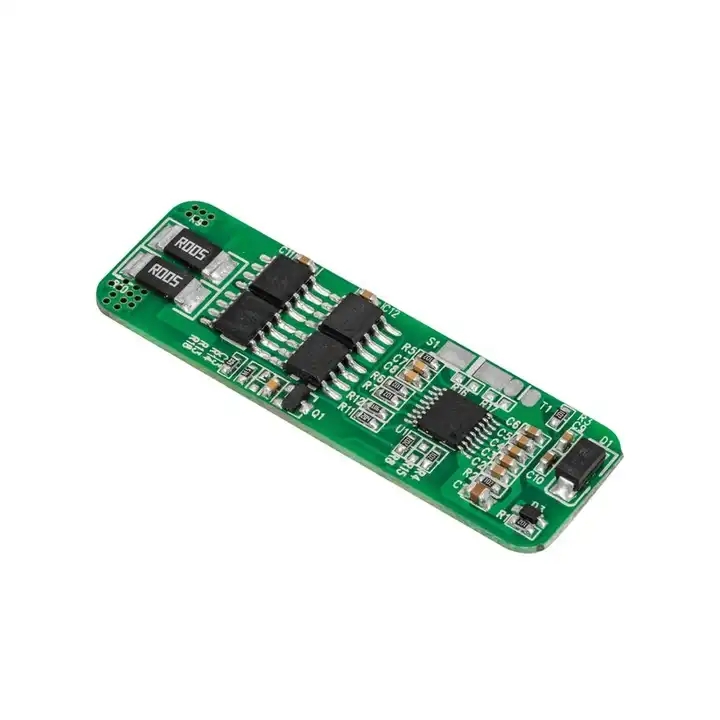Components and Functions of a Lithium-ion BMS
2023-10-18
A Lithium-ion Battery Management System (BMS) is an electronic control unit designed to manage and protect lithium-ion battery packs. It ensures the safe, efficient, and reliable operation of the battery by monitoring and controlling various parameters. The primary objectives of a BMS are to enhance battery performance, prolong its lifespan, and ensure safety during charging, discharging, and storage.
Components and Functions of a Lithium-ion BMS:
1.Cell Monitoring:The BMS continuously monitors the voltage and temperature of individual cells within the battery pack. Monitoring cell voltage is crucial to prevent overcharging or over-discharging of any cell, which could lead to safety hazards and reduce the battery's lifespan. Temperature monitoring helps prevent thermal runaway, a potentially dangerous condition caused by overheating.
2.Cell Balancing:As lithium-ion cells age and experience different charge/discharge cycles, some cells may have slightly different capacities than others. Cell balancing ensures that each cell reaches the same state of charge during charging, preventing cell overcharging and undercharging, which can affect the overall battery performance.
3.State of Charge (SOC) Estimation:The BMS estimates the SOC of the battery pack based on cell voltage and current measurements. Accurate SOC estimation is essential for providing users with accurate battery capacity information and preventing over-discharging.
4.State of Health (SOH) Estimation:The BMS also assesses the battery's state of health, which indicates the overall health and capacity degradation of the battery over time. SOH estimation helps determine the remaining useful life of the battery pack.
5.Safety Protections:The BMS includes multiple safety features to protect the battery from harmful operating conditions. These features may include overcurrent protection, overvoltage protection, undervoltage protection, over-temperature protection, short-circuit protection, and cell-level fuse protection.
6.Charge and Discharge Control:The BMS controls the charging and discharging processes to ensure they stay within safe limits and prevent damage to the battery. It may limit the charge and discharge rates to prevent excessive stress on the cells.
7.Communication Interface:Many BMS units are equipped with communication interfaces (such as CAN bus, UART, or SPI) that allow the BMS to communicate with external systems, such as the vehicle's control system in electric vehicles or a home energy management system in stationary storage applications.
8.Battery Pack Authentication and Security:In some applications, BMS may also include security features for authentication and anti-tampering purposes, ensuring that only authorized systems can access the battery pack.
In summary, a Lithium-ion BMS is a sophisticated control system that plays a critical role in ensuring the safe and efficient operation of lithium-ion battery packs. Its monitoring, control, and protection functions are essential for optimizing battery performance, extending battery life, and preventing potentially dangerous situations.



